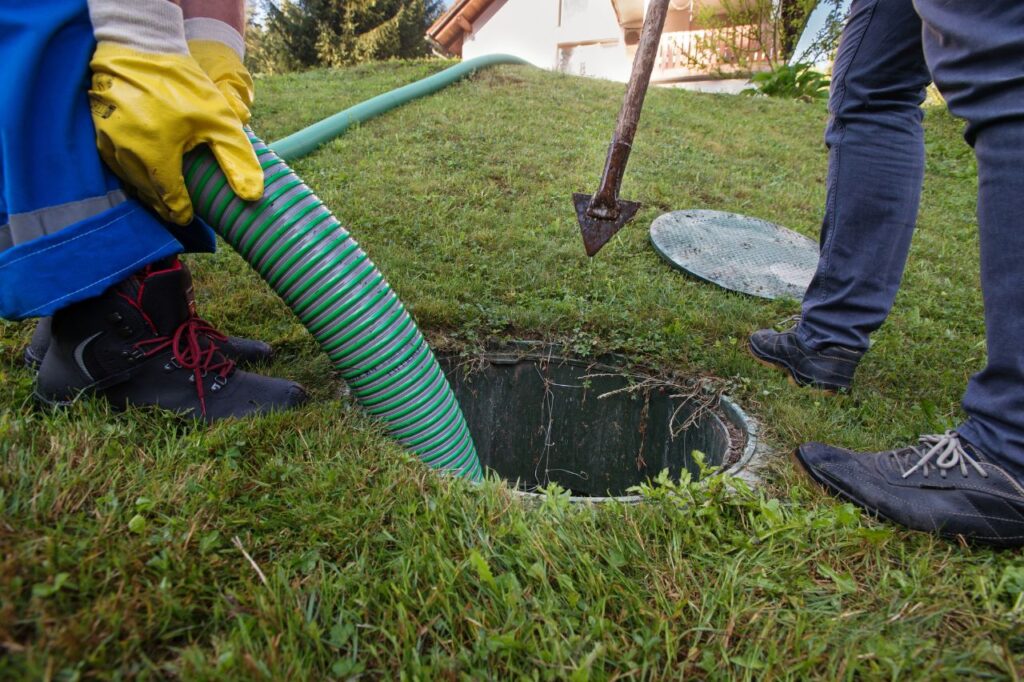Maintaining a septic tank is crucial for the proper functioning of your home’s wastewater treatment system. Regular maintenance, including septic tank pumping, is essential to prevent costly repairs and potential health hazards. However, many homeowners are unsure about the frequency at which they should have their septic tanks emptied. In this article, we will explore various factors that can help you determine how often you should have your septic tank emptied.
Septic Tank Basics
Before delving into the frequency of septic tank pumping, let’s quickly review how a septic system works. A septic tank is an underground container that holds and treats wastewater from your household. It separates solid waste from the liquid, allowing bacteria to break down organic matter. The liquid portion, known as effluent, flows out of the tank and into the drain field, where further filtration and purification occur.
Table of Contents
ToggleFactors Influencing Pumping Frequency
Several factors can affect how often you should have your septic tank pumped. Understanding these factors will help you make an informed decision regarding maintenance intervals:
- Household Size: The number of people living in your home is a significant factor. More occupants mean a higher volume of wastewater, which leads to faster septic tank filling. As a general rule of thumb, a family of four typically needs their septic tank pumped every three to five years. Larger households may require more frequent pumping.
- Tank Size: The size of your septic tank plays a role in determining the pumping frequency. Smaller tanks have less holding capacity, meaning they fill up faster and need more frequent pumping. Larger tanks can accommodate more wastewater and may require pumping less often. Consult with a septic professional to determine the appropriate size for your household’s needs.
- Water Usage: Excessive water usage can overload your septic system, leading to more frequent pumping requirements. Practices like running multiple appliances simultaneously, such as washing machines and dishwashers, or having long showers frequently, can strain your septic tank. Practicing water conservation can help reduce the frequency of pumping.
- Age of the System: Older septic systems may require more frequent pumping due to wear and tear. As a septic tank ages, it becomes less efficient in treating wastewater, increasing the need for more frequent maintenance. Regular inspections can help identify any issues and determine the appropriate pumping schedule.
- Waste Disposal: Proper waste disposal practices significantly impact septic tank maintenance. Flushing non-biodegradable items, such as paper towels, wipes, or feminine hygiene products, can cause clogs and increase the frequency of pumping. Using septic-safe toilet paper and being mindful of what goes down the drain can help prolong the time between pumpings.
- Soil Conditions: The type and condition of the soil in your drain field affect the absorption and filtration of effluent. If the soil drains poorly or is compacted, it may not adequately treat the wastewater. In such cases, more frequent pumping may be necessary to prevent system failure.
- Local Regulations: Local health departments or environmental agencies may have specific guidelines or regulations regarding septic tank maintenance. Familiarize yourself with any regulations in your area to ensure compliance and avoid penalties.
Professional Inspection and Maintenance
While the factors mentioned above can help you estimate the frequency of septic tank pumping, it is crucial to have a professional inspection and assessment. Septic experts can evaluate your system’s condition, assess any potential issues, and provide tailored recommendations for maintenance intervals. They may consider additional factors specific to your property, such as soil composition, groundwater levels, and proximity to water bodies.
Conclusion
In conclusion, proper maintenance of your septic tank is essential to ensure the efficient functioning of your home’s wastewater treatment system. Regular septic tank pumping is necessary to prevent costly repairs and potential health hazards. However, determining the frequency of pumping can be challenging for homeowners. Several factors, such as household size, tank size, water usage, age of the system, waste disposal practices, soil conditions, and local regulations, can influence the pumping frequency. It is crucial to consult with a septic professional to assess your system’s condition and provide tailored recommendations for maintenance intervals. By understanding these factors and seeking professional assistance, you can ensure the longevity and effectiveness of your septic system.

